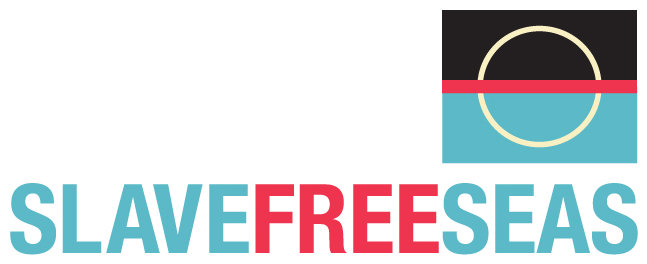LexisNexis UK, LexisPSL, Environment, 1 August 2021
LexisNexis UK, LexisPSL, Environment, 15 July 2021
LexisNexis UK, LexisPSL, Environment, 15 July 2021
LexisNexis UK, LexisPSL, Environment, 1 July 2021
LexisNexis UK, LexisPSL, Environment, 1 June 2021
LexisNexis UK, LexisPSL, Environment, 1 May 2021
May 2018
June 11, 2018
April 2018
LexisNexis New Zealand, March 2017
LexisNexis New Zealand and the Slave Free Seas Charitable Trust have created a free legal resource to assist advocates for victims of human trafficking, comprising practical information on advocacy and policy change. This guidance is essential for target 8.7 and the eradication of forced labour, modern slavery and human trafficking, as well as SDG 16.3 and access to justice.



